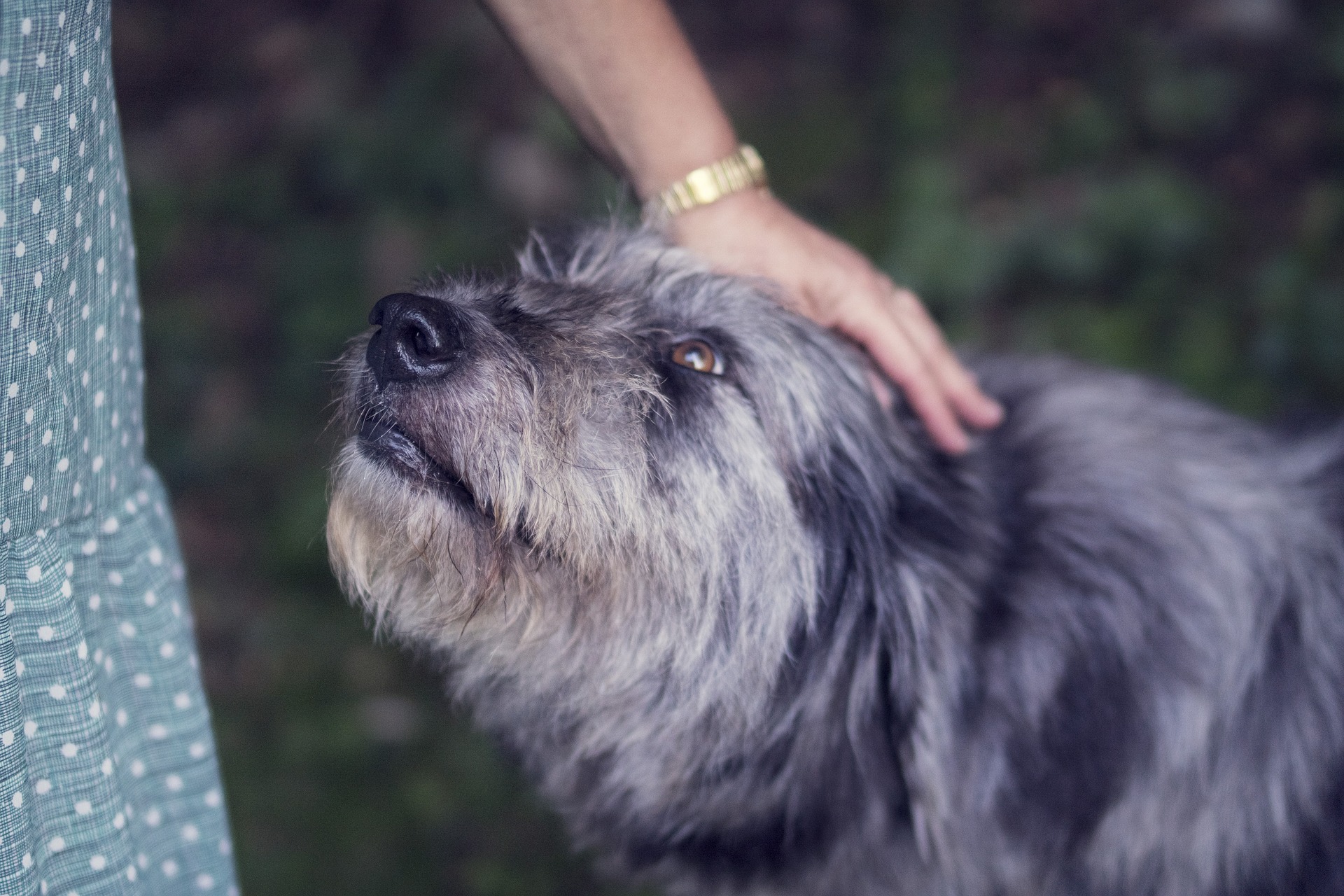As a pet owner, you have to make sure that you’re not only ready to give your chosen dog a home, but that you’re choosing the dog that’s the best fit for you. Not only does this mean that you have to be aware of that dog’s needs in particular and your ability to fit them, but you also have to rely on ethical practices, and make sure you’re getting them in a way that doesn’t lead to the exploitation and suffering of other dogs. Here, we’re going to look at how to make sure you’re responsible when choosing a dog.

Photo by PublicDomainPictures – Pixabay License
Consider whether to adopt or buy
If you plan on buying a dog of a certain breed or age, there is nothing to say that’s inherently responsible. Bred puppies need a good home, as well. However, if you don’t have any particular preferences on what kind of dog you are bringing home, there are several reasons to consider adopting a dog instead. Not only will it cost a lot less, usually only the cost of microchipping and ensuring proper veterinary care, but you are also taking a dog out from the rescue center, giving a home to dogs that have either been discarded or who have never known a home before.
Be aware of poor breeding practices
If you do buy a dog, then it’s very important to be particular about where you buy them from. The danger that is puppy mills has becoming more and more apparent over the past few years, and you should be aware of them. These are facilities in which dogs are bred a great volume with much less regard for their safety, health, and wellbeing. These puppy mills can push female dogs into dangerous conditions by breeding them much too regularly, and often the dogs raised in puppy mills are sick, unsocialized, and kept in appalling conditions. Be aware of puppy mills and try to get a look at where any dog you buy has been raised .If you think you have spotted a puppy mill in the past, then you should consider reporting it.
Make sure you’re choosing a reputable breeder
To make sure that you’re getting a dog that comes with all of its paperwork, and one that has been bred in safe and healthy conditions, you should look for their license. Here is an example of a breeder who displays their licensing from the CKC. Kennel Club registered dogs don’t only add value to the fact that the dog is a pedigree, but they create a permanent record for the dog, with access to vital information such as hereditary health throughout the family, and also offer legal documentation ensuring the change of ownership. If you’re looking to get a dog of a specific breed, getting them from a certified breeder is always a wise decision.

Photo by StockSnap – Pixabay License
Does their personality fit yours?
This isn’t a suggestion that all dogs that share a breed are the same. If you’ve ever owned more than one dog of the same breed, you will know they have room to develop plenty of personality on their own. However, that doesn’t mean that they don’t share some characteristics that you should be aware of. Some dogs are more independent, meaning they’re not as immediately well suited to family life. Others are a lot more sensitive, meaning they need a quieter, more peaceful life. Make sure you get a dog who is likely to suit your lifestyle. Do not, for instance, get a dog with separation anxiety if you’re likely to spend a lot of time outside the home.
How much time do you have to commit to your dog?
Just as different breeds are predisposed towards certain behaviors and tendencies, they also come with varying needs that have to be considered when making your choice. For instance, you have to think about whether they dog is going to need a lot more exercise than the average, if they’re going to have higher grooming requirements, or if they’re going to need extra training to make behave around your family and other pets. Only take on a dog when you understand their needs and are willing to commit the time to take care of all of them. You shouldn’t take on a dog that has high exercise needs if you’re not able to take care of them, for instance.
Be aware of their health needs
Just as certain behaviors are needs are inheritable, so too are a range of health conditions, unfortunately. For some breeds, poor standards of breeding for generations has made certain genetic traits significantly more common. When you’re buying a dog, make sure you’re checking to see that it has paperwork for its parents and family. You can see which dogs related to it have inherited genetic conditions, thus reducing your own risk of getting a dog that will inherit those conditions as well. It’s never a sure thing, of course, so you have to be aware of the risk. Some people prefer not to buy dogs that are of a breed that is more likely to inherit genetic conditions, because they do not wish to support the breeding practices that created them.

Photo by sweetlouise – Pixabay License
Be ready for the responsibility of dog ownership
If you’re planning on bringing a dog home any time soon, then you should already be aware of what you need to make them safe and comfortable, and have as much ready for them as possible. Here is our guide on what it takes to bring a puppy home safely and responsibly. Prepare your home well in advance and make sure they have everything they need. Identify the vet who is going to help you take care of their health. Be sure you have the time and budget necessary to take care of them as best as possible. You have to be ready for the dog more than anything.
Make sure to ask the breeder all of the essential questions
If you’re buying a dog, try to do it directly from the breeder. When talking with a breeder, there are some questions you need to get answers to. Most reputable and licensed breeds will be able to answer the questions without issue. If they cannot, then you shouldn’t buy from them. Questions to ask the breeder will include how the puppy has been socialized so far, how they are currently being fed, and how many vaccinations they have. If you have any other questions about caring for the dog, be certain to ask them. Normally, a good breeder will have you sign a contract saying that, if you are no longer able to care for the dog, you will return the puppy to them or they will help you find a new home for the dog.
Stay in touch with the breeder or shelter after taking them home
A responsible breeder should be happy for you to get in touch to answer any questions after the fact, as well. Furthermore, they may also call about the wellbeing of the dog on their own initiative. As such, if you’re ever looking for feeding guidelines, as well as asking the vet, you should consider calling the breeder or the shelter than the dog came from.
With the tips above, you should rest assured that you have been ethical, responsible, and considerate in how you have chosen your next canine companion. What comes next is living as happy and fulfilled a life as you can, together.


